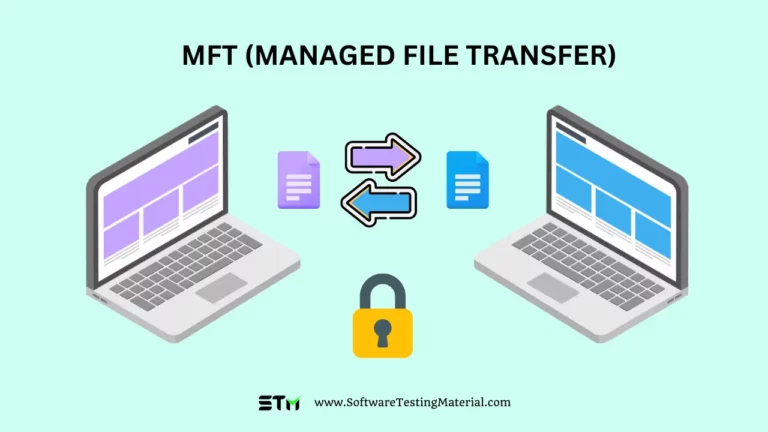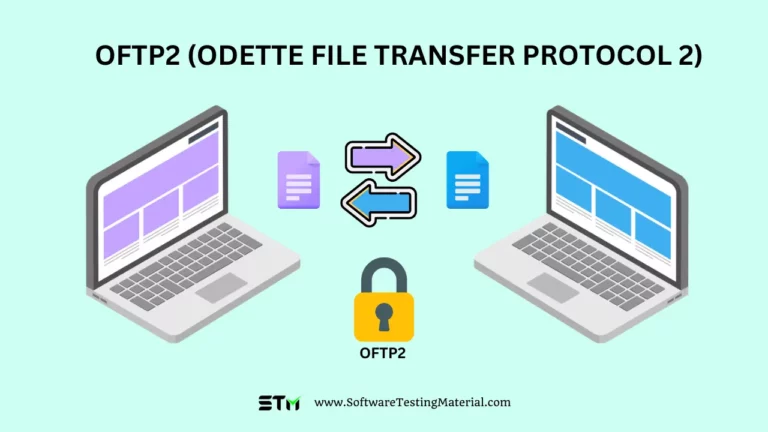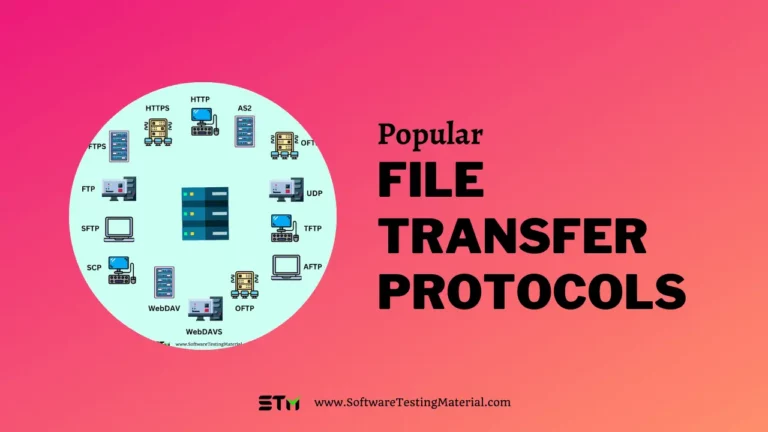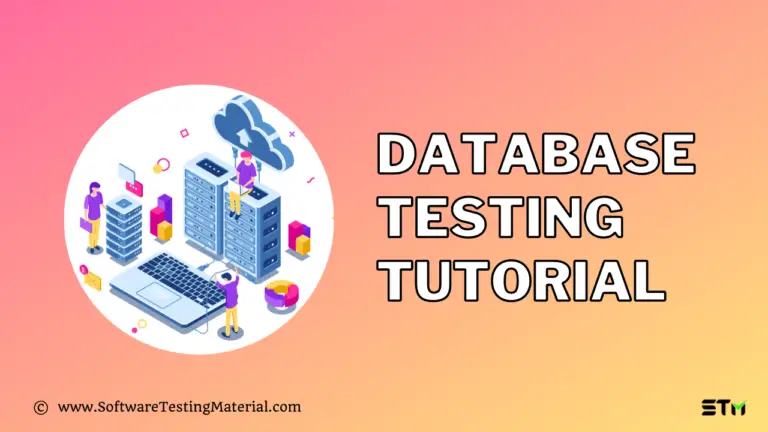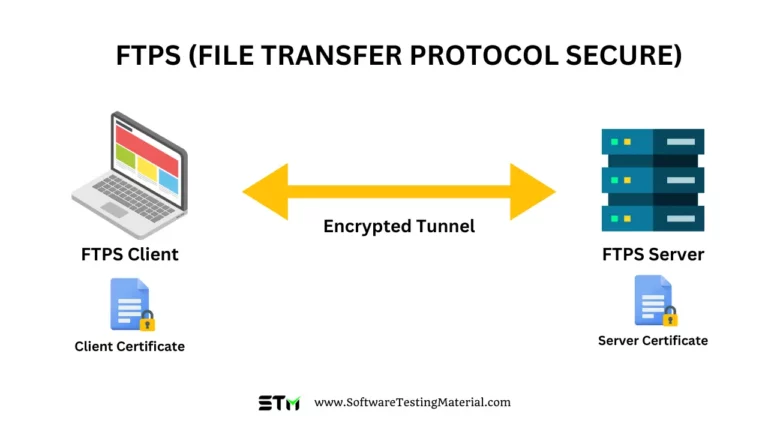Proxy Vs VPN: What Is the Difference?
Concerned about your online privacy? Learn about the differences between Proxy vs VPN.
Both a proxy server and a virtual private network (VPN) can do wonders for safeguarding your online privacy.
However, it’s important to note that there are some significant differences between the two.
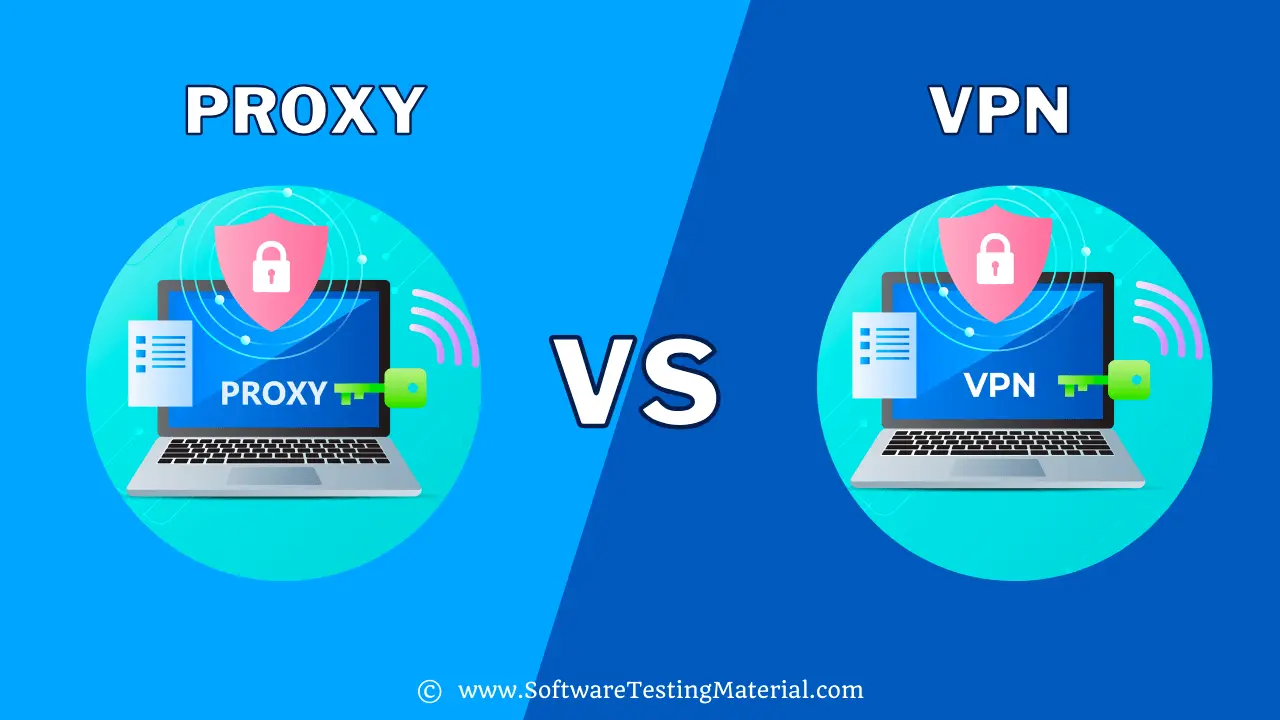
What is a Proxy Server?
A proxy server is an intermediary between a user and the Internet. It acts as a gateway for requests from users seeking resources from other servers. When a user makes a request, it first goes through the proxy server, which then forwards the request to the appropriate destination server. The response from the destination server is then sent back to the proxy server, which in turn sends it back to the user.
Proxy servers are commonly used for various purposes, such as enhancing security and privacy, improving performance, and enabling access to restricted content. In this section, we will delve deeper into these use cases and explore how proxy servers work to achieve them.
Learn more: Proxy Server Detailed Guide
What Is a VPN?
A VPN, or virtual private network, is a technology that allows you to create a secure and encrypted connection over a less secure network, such as the internet. This means that all of your online activity is routed through a remote server, making it difficult for others to track or access your data.
VPNs are commonly used to protect sensitive personal information, increase online privacy, and bypass geographical restrictions. They are also used by businesses to securely connect remote employees to their company’s network.
In addition, a VPN can allow you to change your online location and surf the web from different countries, giving you access to websites and content that may be restricted in your current location.
While there are many free VPN options available, they often have limitations, such as slower speeds and data caps. For a more reliable and comprehensive VPN experience, it is recommended to invest in a paid service. Overall, a VPN can greatly enhance your online security and privacy while also providing access to global content. So, whether you are looking to protect your personal information, secure remote connections for your business, or simply access geo-restricted content, a VPN is a valuable tool to have at your disposal.
Difference Between a Virtual Private Network (VPN) and a Proxy
While both Proxies and VPNs serve to mask your IP address and help you access geo-restricted content, they operate in fundamentally different ways and offer varying levels of security and privacy. Here are some key differences:
- Level of Encryption: VPNs use robust encryption protocols to secure all your internet data, including your browsing history, login information, and your IP address. Proxies, on the other hand, lack this level of encryption, making them less secure.
- Data Privacy: A VPN hides your IP address and encrypts your data traffic, making it almost impossible for anyone to track your internet activity. A proxy, however, only masks your IP address without offering any additional privacy protection.
- Speed of Connection: While both proxies and VPNs can slow your internet speed due to rerouting your connection, VPNs typically have more efficient and technologically advanced servers which can offer better speeds compared to a proxy.
- Server Network: VPNs usually have a large network of servers spread globally, allowing you to choose from a wide range of server locations. Proxies generally have fewer servers and locations to choose from.
- Cost: Pricing is another aspect to consider when choosing between a proxy and a VPN. VPNs are usually a paid service due to the high level of protection and services they provide. Proxies can often be used for free, but may lack significant features and security.
- Device Compatibility: Another factor to consider when choosing between proxies and VPNs is compatibility. VPNs are compatible with various devices and operating systems, including laptops, desktops, smartphones, and tablets. Proxies may not be as versatile and may only work on specific browsers or devices.
- Purpose: While both proxies and VPNs can help bypass restrictions and provide anonymity, they have different purposes. Proxies are often used for accessing geo-restricted content or for basic internet privacy, while VPNs are typically used for more sensitive tasks like remote work or online banking.
VPN or Proxy: Which is better?
Proxy servers and VPNs are two different solutions that businesses can choose from. VPNs offer greater protection by encrypting traffic, making them ideal for organizations dealing with sensitive data. On the other hand, proxy servers are beneficial for organizations wanting anonymous internet browsing and the ability to monitor employees’ website visits while bypassing country restrictions.
Do you need a Proxy Server if you have a VPN?
A VPN and a proxy server both hide a business’s IP address, but a VPN also encrypts all data sent and received. Unlike a proxy server, a VPN provides this encryption capability. Therefore, if you are already using a VPN, there is no need to connect to an application or website through a proxy server.
Can I use VPN and proxy together?
Yes, you can use VPN (Virtual Private Network) and proxy together for increased online security and privacy. Both VPN and proxy are tools that allow you to browse the internet anonymously by hiding your IP address and encrypting your internet connection.
Using a VPN alone may provide sufficient privacy protection, but adding a proxy on top of it can provide an extra layer of anonymity. A proxy acts as a middleman between your device and the internet, making it more difficult for websites to track your online activities.
However, using both VPN and proxy together may result in slower internet speed due to the double encryption process. It is important to choose a reputable and reliable VPN and proxy service that can work well together.
Moreover, some VPN services offer built-in proxy features, eliminating the need for a separate proxy server. This can save you time and effort in setting up and managing multiple tools.
Should I use a free proxy or a free VPN?
While it might be tempting to use a free proxy or a free VPN, the potential risks to your security and privacy outweigh the financial savings. Often, free services infringe on your privacy by tracking your data or inundating you with adware. Premium VPNs, on the other hand, offer robust encryption, a vast server base, fast VPN protocols, and round-the-clock customer support. Therefore, it is prudent to invest in a premium VPN service to safeguard your online activities.
Conclusion
In conclusion, both VPNs and proxies have their own advantages and limitations. The choice between the two depends on your specific needs and priorities. For general internet use, a proxy may suffice, but if privacy and security are of utmost importance, a VPN would be the better option.
It is recommended to do thorough research and choose a reputable provider, regardless of which option you decide to use.
Additionally, it is important to regularly review your security measures and adapt accordingly as technology and online threats continue to evolve.
Stay safe and protected while browsing the internet! So, it is always wise to weigh the pros and cons and choose the option that best suits your needs before making a decision.
Related posts:
- Best HTTP And HTTPS Proxies List
- Best Residential Proxy Server Service
- Best Online Proxy Websites List
- Best Proxy Server List
- Best VPN Services
- What is a Proxy Server

